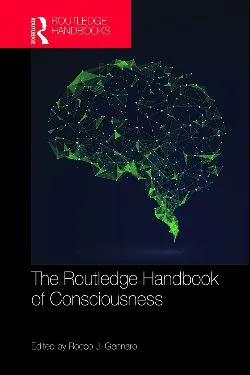
This book is a reasonably good collection of essays on consciousness; it’s made up primarily of philosophical perspectives, but also includes a fair amount from cognitive science and other adjacent fields.
The book is divided into a few sections, and the meatiest of the book were Part 2, “Contemporary Theories of Consciousness,” and Part 3, “Major Topics in Consciousness Research.” Part 2 is really quite interesting for the specific theories, which range the gamut from physicalist to idealist conceptions of consciousness, and some are even panpsychist (including Integrated Information Theory).
The challenge of consciousness is that it seems we really don’t even have a starting point. We have ideas, senses, intuitions, and I think that most thinkers nowadays lean towards physicalist interpretations: firing of motor neurons somehow gives rise to “what it’s like” to be or do something. However, idealist interpretations have been growing in popularity, especially in the past decade or two, which is a curious turn of events.
The last section, on major topics, is especially interesting. There are chapters on animal consciousness, robot consciousness, comas and near death experiences, experiments, dreaming, agency, time, meditation, and more.
Some of the chapters in this text flew right over my head, and I think I would have gained more if I had read some other introductions or more sustained interpretations before diving in here. It seems most suitable for early graduate students in philosophy of mind and cognitive science, and perhaps also late undergraduates.